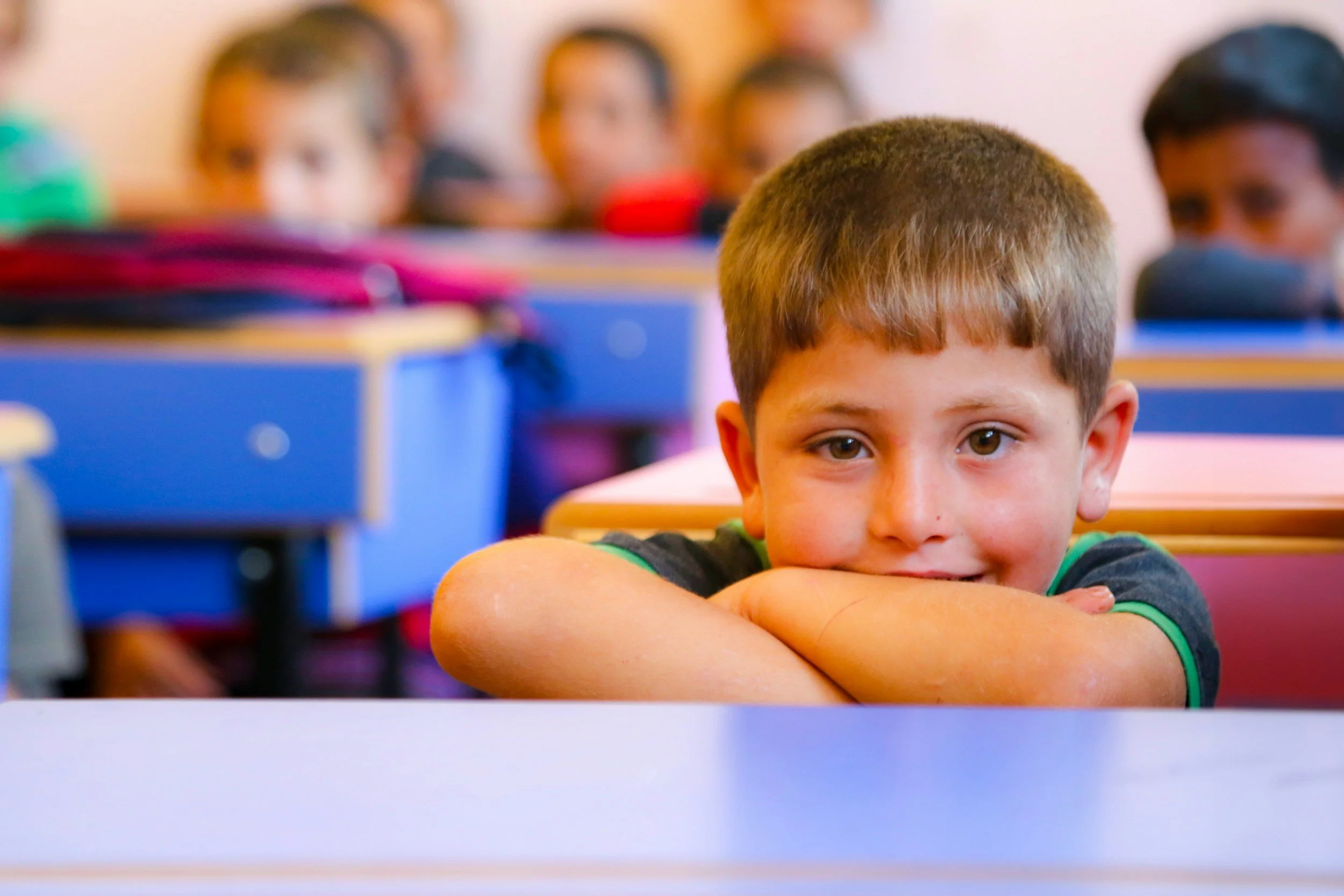
Learning Differences
Every child learns in their own way. When learning feels harder than it should, therapy can help uncover why—and build the foundational skills that make learning easier and more enjoyable.
Learning differences don’t mean a lack of intelligence—they mean a child’s brain processes information differently. For some, that shows up as difficulty focusing or organizing. For others, it may be trouble understanding language, remembering directions, or writing clearly.
At The Therapy Collaborative, we help children and teens who learn differently strengthen the building blocks for academic and everyday success—so they can feel capable, confident, and proud of their progress.
Common learning differences and related challenges we support include:
ADHD or executive functioning difficulties
Dyslexia, dysgraphia, or other processing differences
Sensory processing challenges impacting focus and endurance
Visual-motor or visual-perceptual weaknesses
Language comprehension and expression difficulties
Emotional regulation challenges tied to learning frustration
How We Help
We look beyond grades or classroom performance to understand how your child’s brain learns best—and build individualized strategies that support that process.
Occupational Therapy may focus on:
Visual-motor and perceptual skills for handwriting and reading
Executive functioning (planning, attention, organization, time management)
Sensory regulation to support focus and endurance
Building physical readiness for learning (posture, endurance, motor control)
Speech Therapy may focus on:
Language comprehension and following directions
Vocabulary, syntax, and verbal expression
Listening and processing skills
Pragmatic and social language skills for classroom and peer success
We collaborate with teachers, psychologists, and families to ensure that strategies used in therapy carry over into school and home routines.
Many families reach out after noticing that their child:
Works hard but still struggles to keep up academically
Has trouble staying focused or remembering instructions
Avoids reading, writing, or schoolwork
Becomes frustrated easily or says “I can’t do this”
Has great ideas but difficulty getting them out
Shows big emotional reactions related to school performance
These signs can be confusing—but with the right support, children learn new ways to succeed and grow their confidence.
We combine structured, evidence-based intervention with creativity and play—helping children and teens engage in learning in ways that feel meaningful and achievable.
Progress starts with understanding how your child learns, then building the skills and systems that support that learning style.
We provide ongoing communication and collaboration with families and educators—sharing tools, progress updates, and practical strategies to make sure therapy success translates to real-world results.
Let’s help your child feel confident in how they learn—and proud of what they can do.

